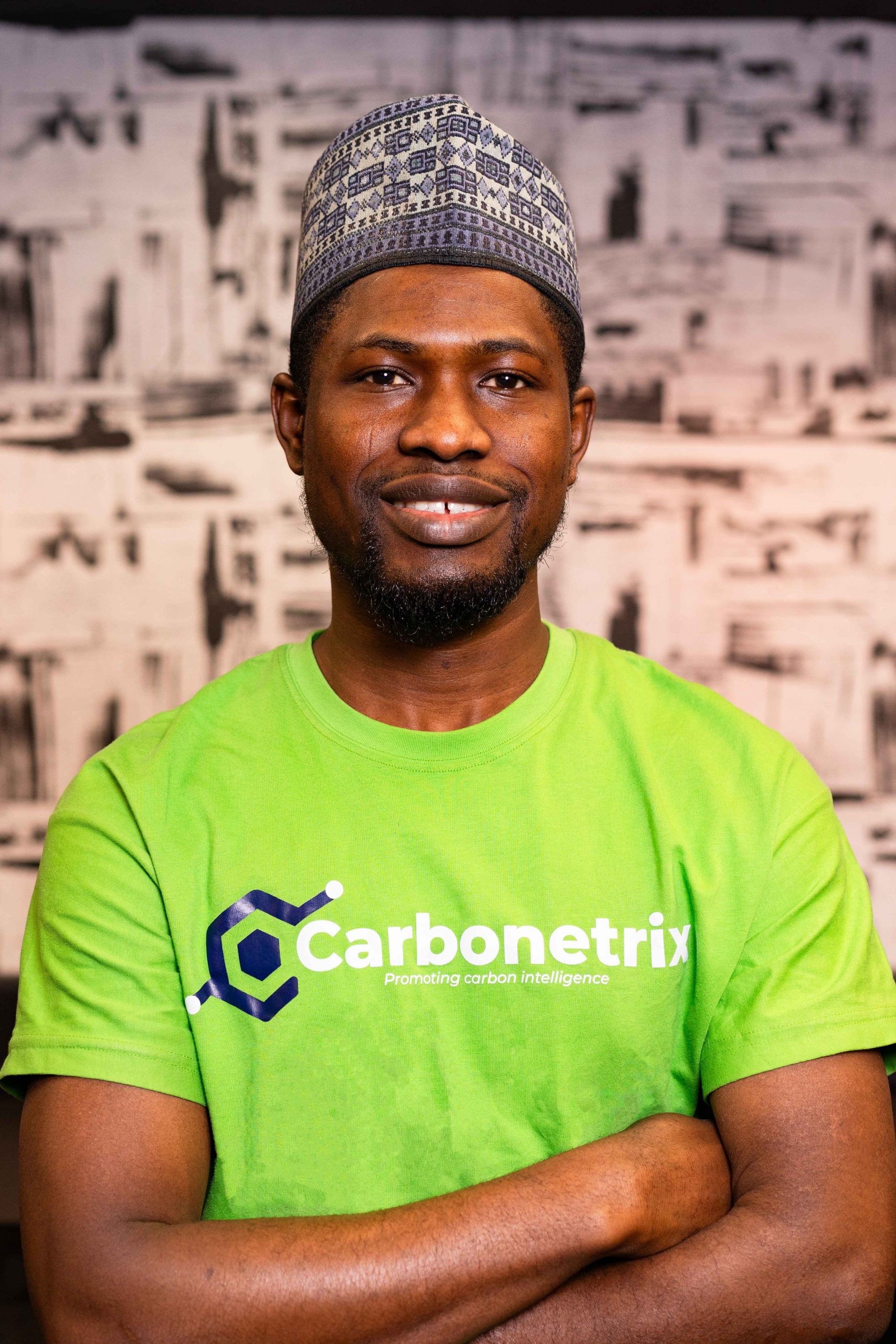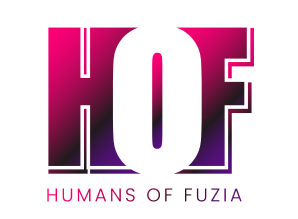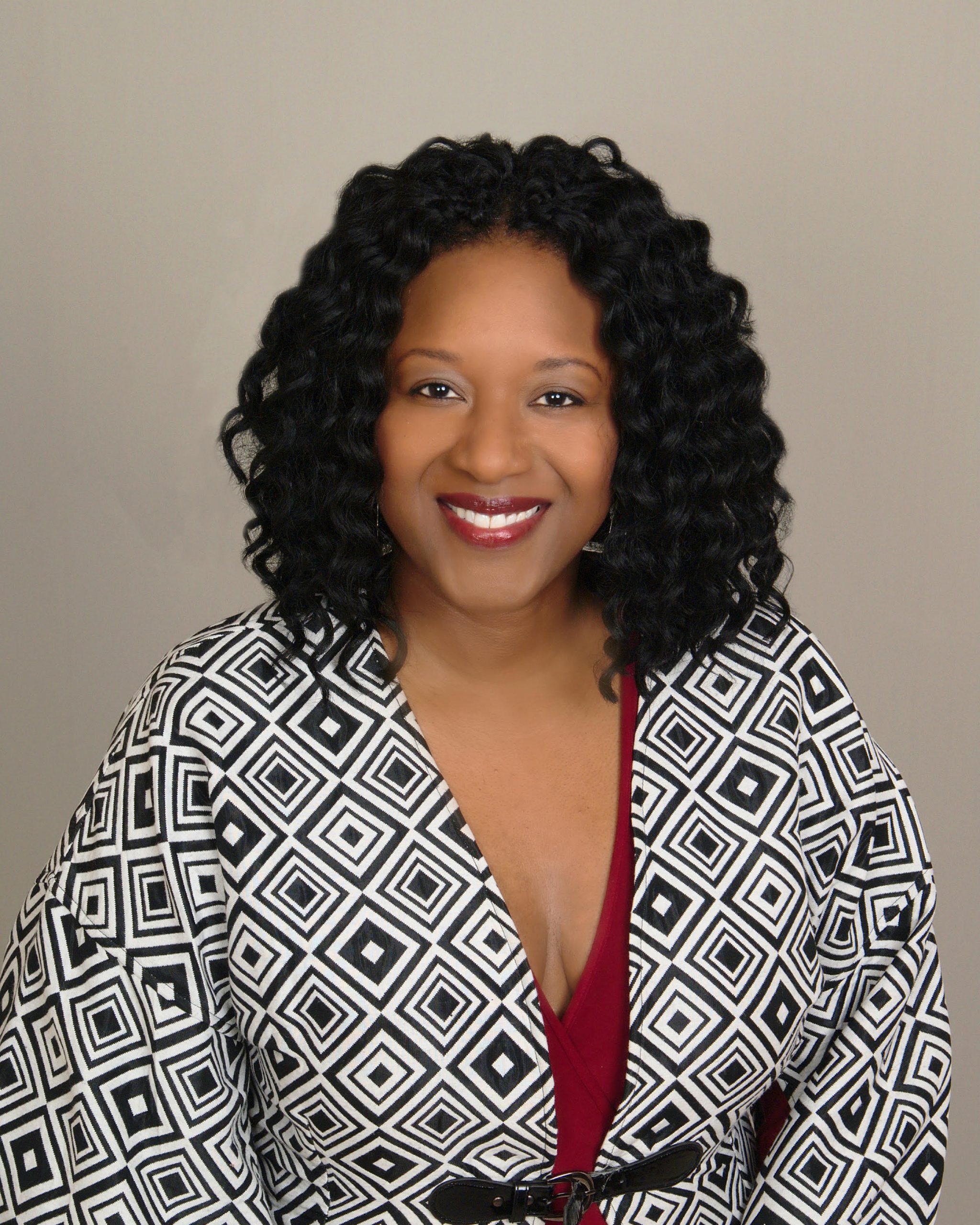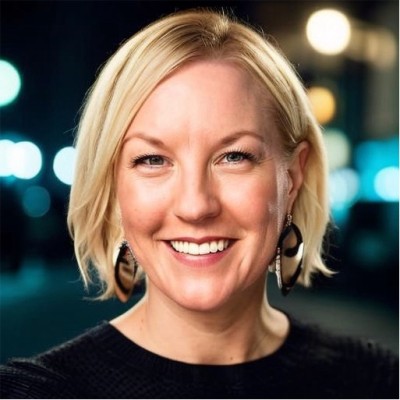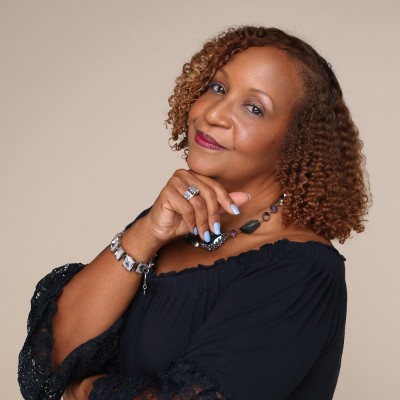Naomi Brown, a Managing Director of a Mental Health Consultancy in Scotland, has walked a journey marked by resilience, healing, and transformation. From surviving an abusive childhood and experiencing homelessness to becoming a therapist, hypnotherapist, and mother, Naomi has transformed her personal struggles into a source of strength. Today, she leads a team dedicated to reducing stigma around mental health through integrated support and compassion. Humans of Fuzia is honored to share Naomi’s story with our global community of over 5 million, because voices like hers remind us why supporting women—and standing together in He for She and She for She solidarity—is essential.
Q: Naomi, can you share a bit about your background and what inspired you to start your mental health consultancy?
I grew up in an extremely abusive household in Scotland. My father was an alcoholic, and domestic abuse was common. I was homeless at 17, and again at 23. I also went through my own experiences with domestic abuse and had some very dark days with my mental health. But over the past six years, I’ve been blessed to turn that pain into power.
I started my journey as a mental health coach, and today I’m a therapist, hypnotherapist, and Managing Director of a consultancy. I also have a small team—including a social worker, an advocacy worker, and another therapist—so we can provide integrated support. What I couldn’t find growing up, I’ve now built for others.
Q: You’re also a new mom. How has motherhood shaped your journey alongside your career?
Becoming a mother while running a business hasn’t been easy. I didn’t take maternity leave, and my son often came to the office with me as a baby because he was breastfed. It was difficult to balance nurturing both my “first baby” (my business) and my actual baby.
At the same time, motherhood reopened a lot of generational trauma for me. I had to heal from the past while figuring out how to raise my son differently. But he has integrated so well into my journey, and everything I do now is for his happiness. What I’ve learned is this: when you’re tired, rest—don’t quit. That mindset has carried me through.
Q: What do you find most rewarding about your work, and what’s the most challenging part?
The most rewarding part is meeting people from all walks of life. Mental health doesn’t discriminate—whether it’s religion, culture, or background, it affects us all. I love creating safe spaces for people to share their struggles, especially clients from cultures where stigma around mental health is still strong.
The part I enjoy less is the admin side of things. I’m not great at paperwork, but I’ve learned to ask for help and use tools like AI to manage some of those operational tasks.
Q: Speaking of AI, what are your thoughts on its role in mental health?
I think AI is an incredible tool for business operations and even for personalizing therapy scripts. But when it comes to offering real emotional support, I’m still cautious. AI doesn’t fully capture human emotion or consciousness. There have even been some tragic cases where AI interactions worsened someone’s mental health. I believe it has potential, but we need stronger ethical frameworks before it can be trusted in areas like therapy or trauma healing.
Q: What message would you like to share with people who may be struggling right now?
It might be a bad day, a bad week, or even a bad month—but it doesn’t have to be a bad life. In the darkest times, a small seed of hope can be planted, and it can grow into something beautiful. I know this from my own experiences. So please, keep going.
Q: Looking back, what were the biggest challenges you faced in building your business, and what helped you overcome them?
When I started my business, I had just left an abusive relationship, and we were in lockdown during the pandemic. It took perseverance and learning to get comfortable with rejection. That was the hardest part for me because rejection had been such a big part of my life.
But I also realized that every dream needs solid foundations. Social media might make success look easy, but what people don’t see are the sleepless nights, setbacks, and sacrifices behind the scenes. Remembering my “why”—why I started—has always been the thing that kept me going.
“Dreams can come true. Even if life feels dark now, believe in your ability to rise again. Rest when you need to, but don’t quit—you never know what lies ahead.”
Want to be featured?
If you’d like to be featured in the Humans of Fuzia series, email us at fuziatalent@fuzia.com.



